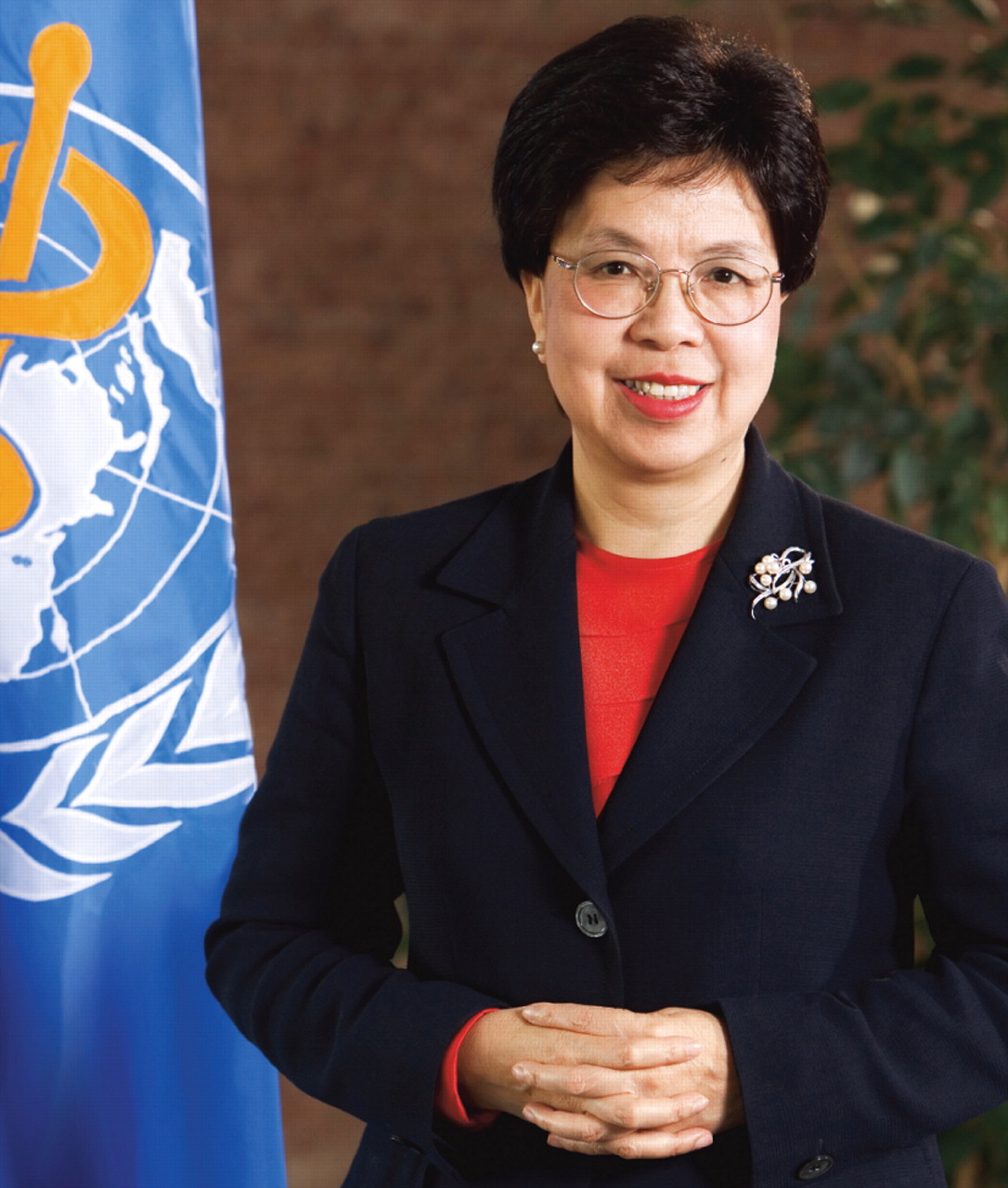The “huge treatment gap” in the developing the world for psychiatric, neurological, and substance use disorders can be narrowed if governments and donors can increase funding, expand mental health services, and integrate the latter into primary care settings, said the World Health Organization (WHO) in announcing its Mental Health Gap Action Program (mhGAP) in October.
The plan seeks to strengthen commitments by governments and international organizations to put more human and financial resources into treating these disorders and expand access to targeted interventions in low-income and lower-middle-income countries.
“We have in hand, right now, all the evidence, solutions, and lines of action we need to address the global burden of morbidity and premature mortality caused by these disorders,” said Margaret Chan, director general of WHO, at a news conference in Geneva. “But have no illusions.... Having evidence and a well-designed package of interventions are not enough. We will not see progress in mental health without political commitment.”
Worldwide, only 2 percent of health funding is allocated to mental health, according to the WHO. Access to affordable care is difficult or impossible for millions of people. Many poor countries have fewer than one mental health professional per 100,000 population. The report estimates that one-third of people living with schizophrenia, more than half with depression, and three-quarters of those with alcohol use disorders lack access to care for those disorders.
The WHO plan focuses on conditions with the highest burden of illness or economic cost or those associated with human-rights violations induced by stigma: depression, schizophrenia and other psychotic disorder, suicide, epilepsy, dementia, alcohol and drug abuse, and mental disorders in children.
It describes evidence-based interventions to meet these challenges and calls for additional help for poor countries with high levels of disability-adjusted life years and greatest burden of mental, neurological, or substance abuse disorders.
The program calls for policymakers, health professionals, health economists, social scientists, and nongovernmental organizations to organize and push for political commitment “at the highest level” to provide funds and human resources.
“Political leaders have to be aware of the problem ... [and] must be convinced that taking action serves their best interests,” said Chan.
The costs of increasing services would vary from country to country, the document pointed out, but “should be feasible in absolute terms, although challenging.” Reallocation of resources within national health budgets may be one strategy. Funds from international agencies or foundations may be another.
“In public health we see, time and time again, how a comprehensive program of action, backed by solid evidence, can attract political attention, inspire partners, secure funds, and accelerate progress,” said Chan.“ Care for these highly prevalent, persistent, and debilitating disorders is not a charity. It is a moral and ethical duty.... And it is entirely feasible.”
“Mental Health Gap Action Programme (mhGAP): Scaling Up Care for Mental, Neurological, and Substance Use Disorders” is posted at<www.who.int/entity/mental_health/mhgap_final_english.pdf>.▪

